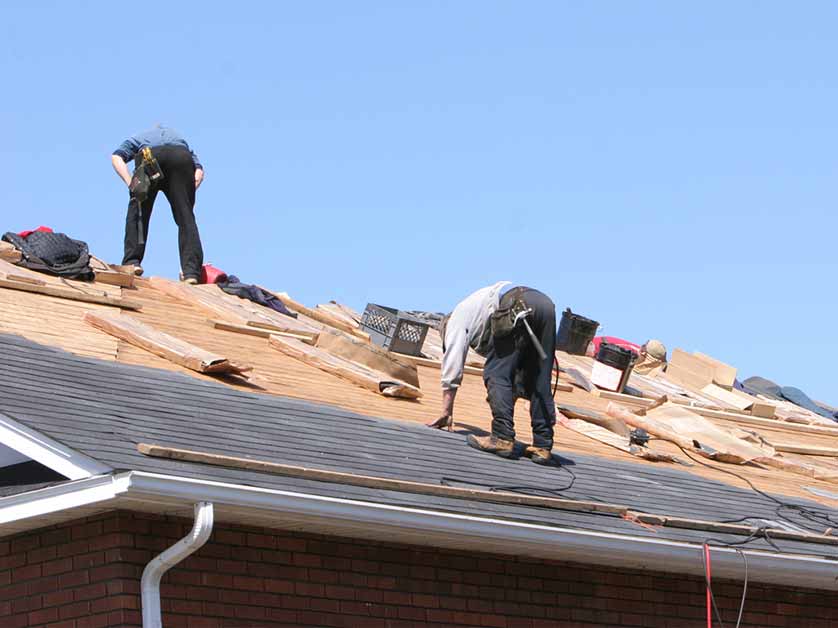So you’ve invested in a new roof. Like any other significant purchase, it comes with a warranty, which adds an extra layer of protection to help ensure it will remain covered in case any issues arise. But did you know a roof warranty comes in many different types? Here’s a close look at each one of them.
Manufacturer’s Warranty
The manufacturer warranty covers the materials used in your roofing project. It ensures that the shingles, tiles, or other roofing materials meet specific quality standards and are free from defects. In the event of material failure within the warranty period, the manufacturer is responsible for providing a resolution. However, it’s worth noting that this warranty typically covers only the materials, not the labor costs associated with replacement or repair.
Workmanship Warranty
Unlike the manufacturer’s warranty, which focuses on the materials, the workmanship warranty is provided by your roofing contractor. This warranty covers errors in installation or labor-related issues. A solid workmanship warranty ensures that any problems arising from the installation process are addressed without additional costs to the homeowner. The duration and specifics of a workmanship warranty can vary significantly from one contractor to another, so detailed attention to these parameters is crucial.
Extended Manufacturer Warranties
Some warranties cover both materials and labor, offering a more comprehensive safeguard against potential roofing problems. Extended warranties may cover the cost of replacing defective materials, as well as the labor costs to remove and install new materials. These, however, often come with specific conditions, such as the requirement for installation by certified contractors. These extended warranties can offer you peace of mind, knowing that your roofing investment is well protected.
Understanding the Importance of Warranty Registration
An often overlooked aspect of roofing warranties is the necessity of warranty registration. Registering your warranty is what helps validate your coverage. Failure to register can lead to headaches down the road, should you need to make a claim. The registration process typically involves submitting your warranty paperwork to the manufacturer or roofing contractor within a specified timeframe post-installation.
Warranty Transferability
Another important consideration for homeowners is the transferability of roofing warranties. Transferable warranties can add value to your home, as they can be passed on to future owners. This feature is particularly attractive to prospective buyers if you decide to sell your property. However, terms and conditions regarding transferability can differ significantly, so understanding these details is essential. Some warranties may allow for a one-time transfer, while others could be more restrictive.
When it comes to residential roofing services, Jack The Roofer remains unmatched. We’re proud to serve Parker, Aurora and Castle Rock, CO. Call (720) 722-2255, or fill out our contact form to schedule an appointment.

